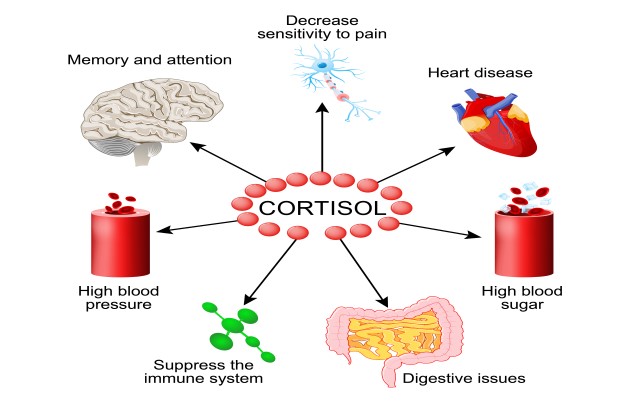

“I thought heart disease was a risk I could manage – I don’t drink, I don’t smoke, and I watch what I eat. I thought I could stay on top of it, but heart disease came into my life as it does for so many people. It’s one of the biggest killers in the UK.”
Rachel Boothroyd was working as a successful lawyer in the city when she felt something was wrong with her body. “I thought old age was getting to me, so I went to the gym to try and get fitter, even though I had aching pain in my chest and my arms. I only went to see the doctor because a friend was worried about me.”

Rachel was eventually diagnosed with coronary heart disease at the age of 37. Luckily, she was treated very quickly and given a drug-eluting stent to help unblock one of her main arteries. “It was instant, I felt like it was the first time I had taken a deep breath in years.”
Although Rachel was physically getting better, mentally, it took a lot longer for her to accept what had happened. “I knew that stress had contributed to my heart disease. The work itself wasn’t stressful, but the work culture was – I didn’t have much of a support system. I felt very boxed in, and I had fallen out of love with being a lawyer.”
Three years after her operation, Rachel has now completed a triathlon and started up her own consultancy agency where she teaches companies how to support each other and work effectively as a team. She also provides advice to other lawyers wanting a career change. “In a way I’m teaching my younger self what would have really helped me.”
How do stress hormones affect the heart?
Stress can affect us in many ways. In stressful environments, our bodies often have a physiological response that includes activating our ‘fight or flight mode’. Such responses are important in the short-term, but can be harmful if left unchecked. Long-term high levels of stress hormones such as cortisol are known to cause obesity, diabetes and heart and circulatory diseases.

Dr Mark Nixon, Postdoctoral Research Fellow at the University of Edinburgh, and his team are investigating how we can protect our vulnerable tissues such as our fat against high levels of stress hormones that cause heart disease. Stress hormones circulate in the blood bound to a transport molecule called corticosteroid-binding globulin (CBG), which controls their activity. In this BHF-funded project, Dr Nixon first hopes to understand how CBG controls how the hormones reach the fat tissue to carry out their actions. By studying this control mechanism in obesity and type 2 diabetes, his team will establish if blocking this delivery pathway protects fat tissue from the harmful effects of high stress hormones. The results will provide important insights into potential therapeutics that block this delivery pathway and could be used to treat metabolic conditions like obesity and prevent heart disease.
Do you want to hear more from Rachel Boothroyd and Dr Mark Nixon?
Watch our Live & Ticking event


